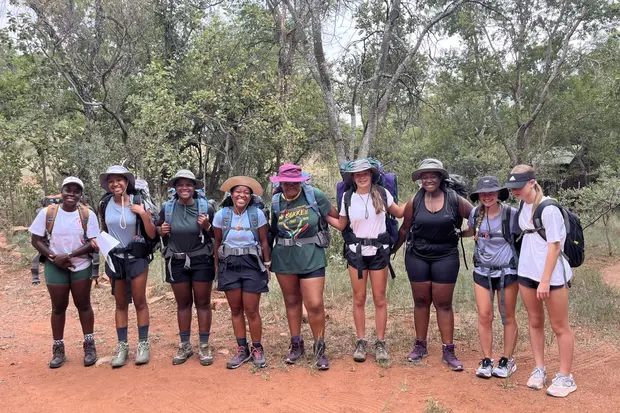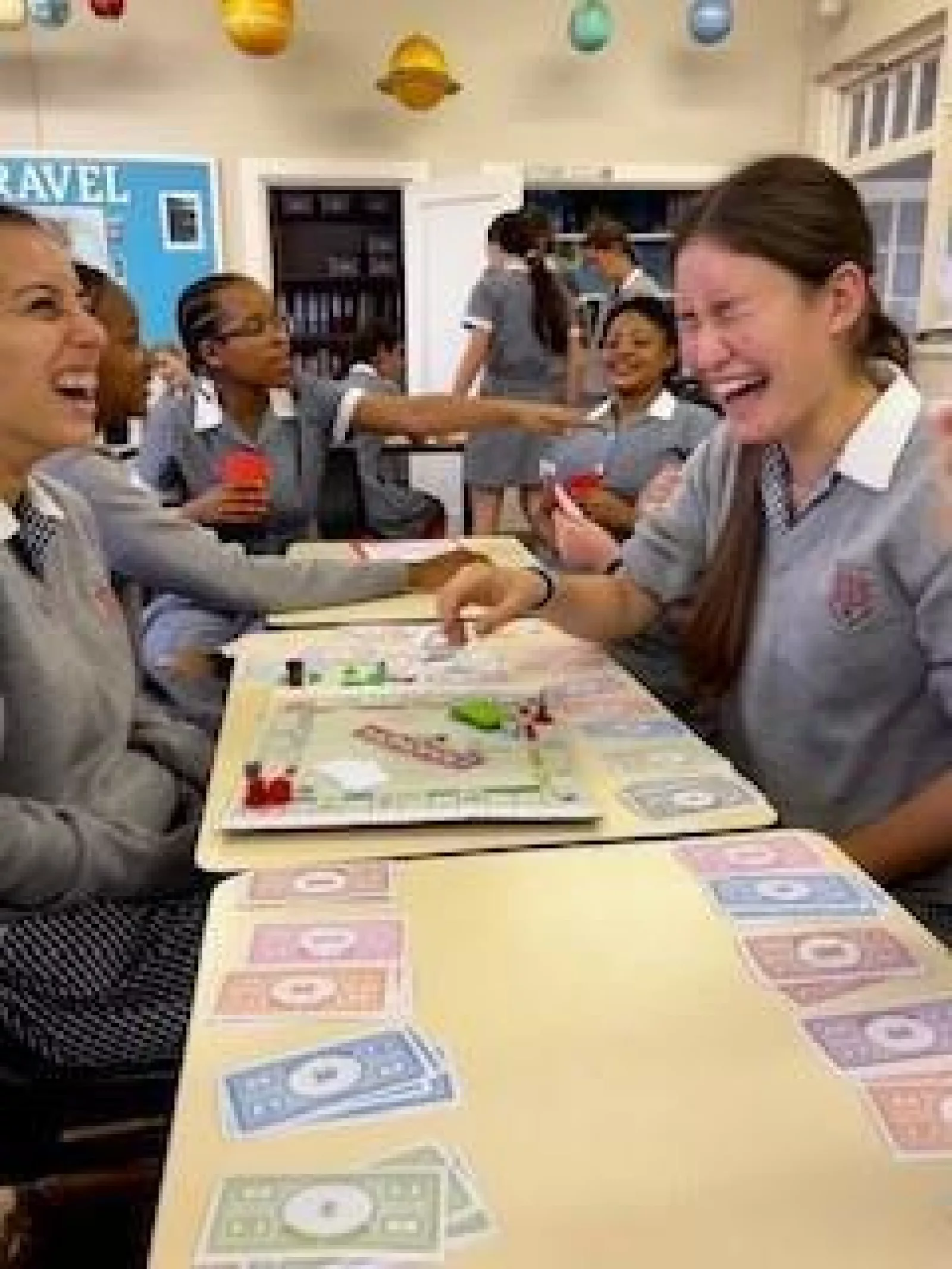From the Geography department
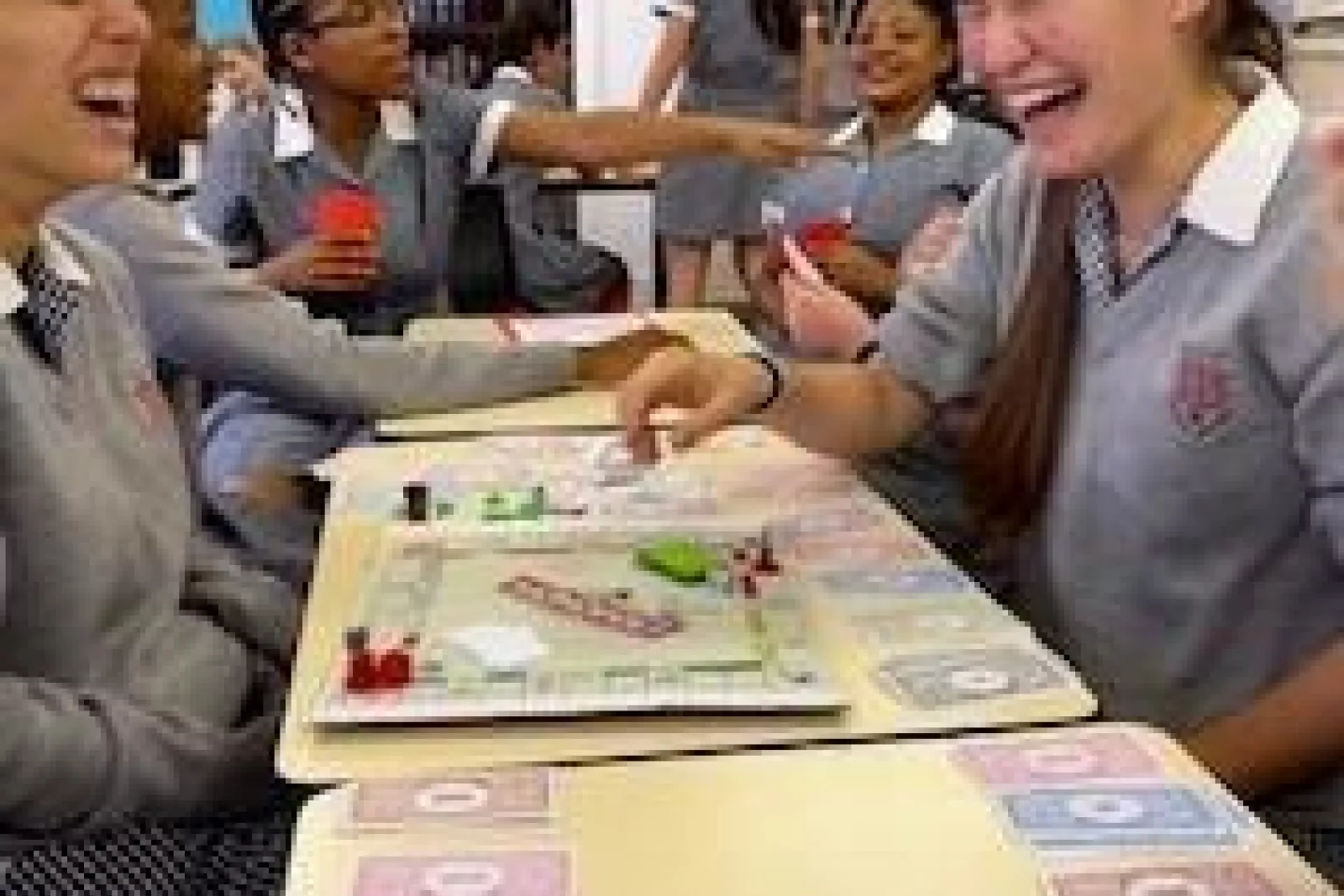
Keeping cool about climate change
Climate change is a pressing global issue. The concept is well known, but it is vastly complex, with blame for many events being ascribed to it, and people feeling individually powerless to stop or change it. It is not just adults who feel its weight of impact. Our children and teens are also experiencing major anxiety and stress, especially about the future. According to a recent 10-country survey on this subject, published in The Lancet Planetary Health Journal, 75% of children and young people (age 16–25 years), described the future as “frightening” (Hickman C et al. Climate anxiety in children and young people and their beliefs about government responses to climate change: a global survey. Lancet Planet Health. 2021; 5: e863-e873).
The effects of climate change, including phenomena such as rising sea levels, flooding and extreme weather, are becoming more frequent and visible every day. Cyclone Freddy just awarded the dubious honour of the longest lasting tropical cyclone ever recorded (at the time of writing it had reached day 32, surpassing Typhoon John in 1994) is a perfect example of extreme weather which we are experiencing very close to home.
Teaching this subject can be tricky. Climate change can be particularly overwhelming for children as they are still developing their sense of self and an understanding of the world around them. The enormity of the implications of climate change, and the associated uncertainty of the future, can lead to feelings of helplessness and anxiety. As a result, as educators, we need to be sensitive to the constant messages of gloom and doom. We have a responsibility, as teachers, parents and caregivers, to provide accurate information and practical solutions in order to help our children feel empowered. We need to help them create a sense of agency over their futures. Encouraging recycling, reducing waste and conserving water, although seemingly small actions, can help bring optimism and a sense of some hope. We need to listen to the concerns of our students and encourage them to acts of bravely and creatively in problem-solving.
Just recently, the Grade 11 Geography girls brought some light to this rather depressing and stressful topic using gamification. Groups of girls invented, designed and built various games, each focusing on a different climate change issue. Although this topic is a significant and serious issue for their generation, it helps to learn when a little bit of fun can be added to the mix.
MEGAN DEVINE
HEAD OF GEOGRAPHY
Related News
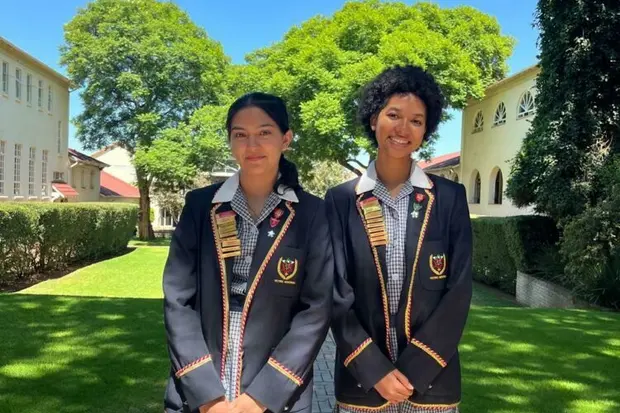
From the Senior School head's desk: 31 January 2025
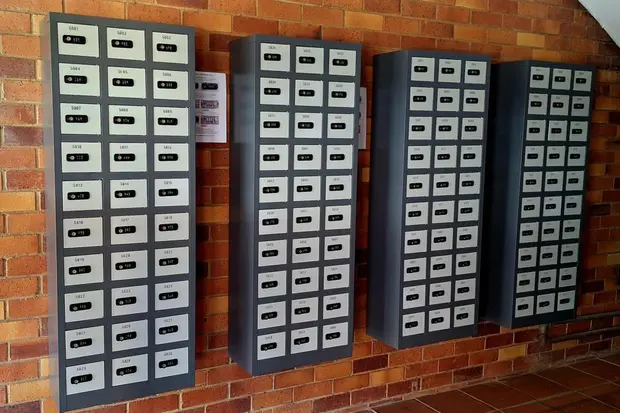
Cellphone-free academic time
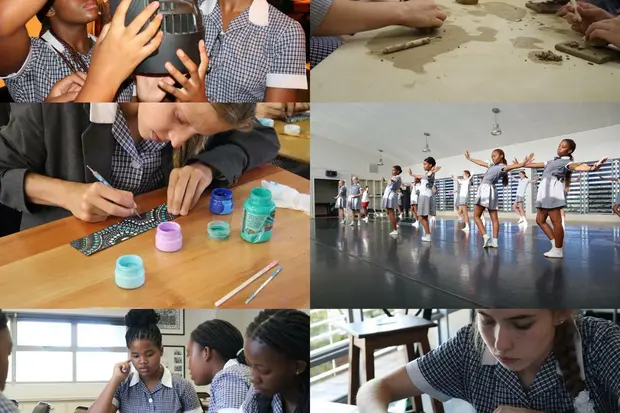
Cultural clubs
